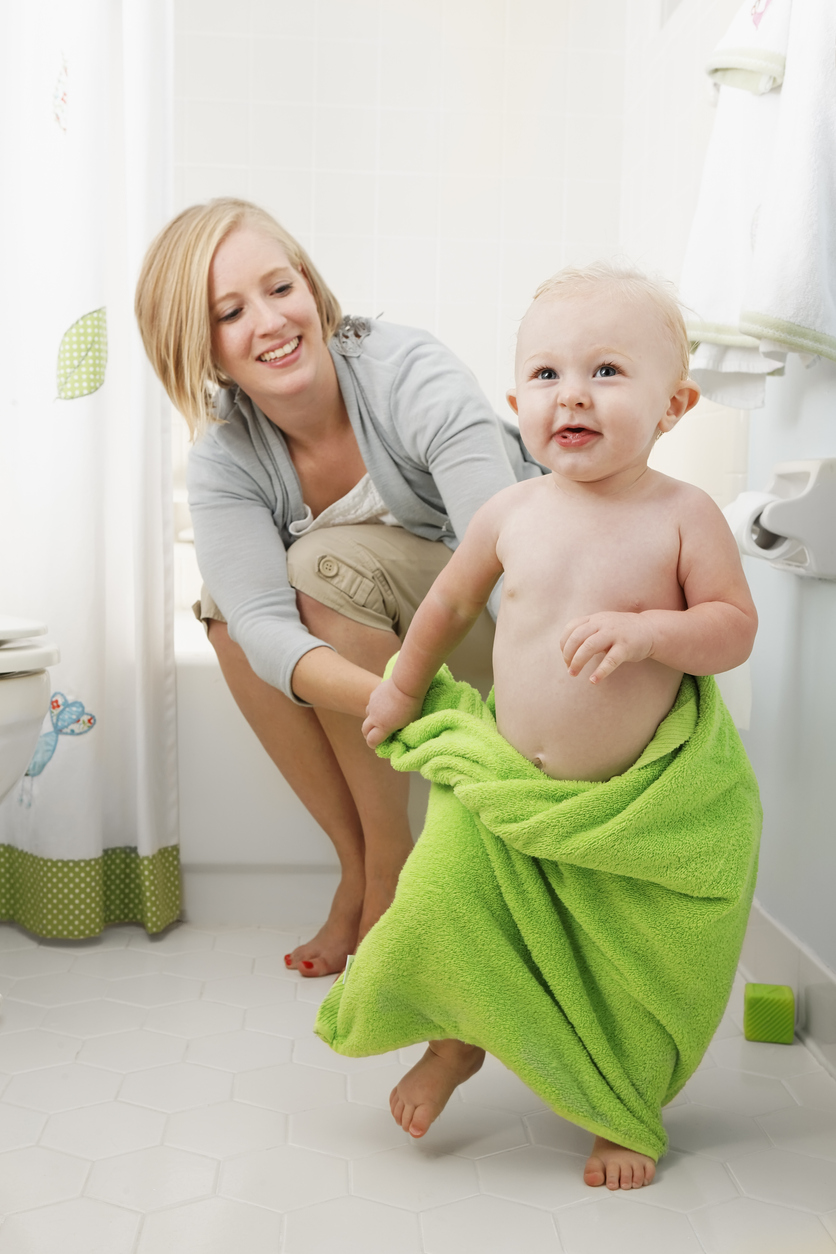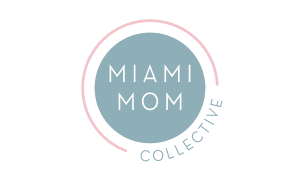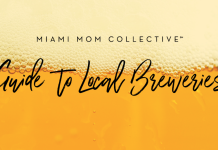Every Mom understands bladder struggles.
The first hint of what it will be like to wake up in the middle of the night sometimes starts with pregnancy. Except instead of your baby waking you up, your bladder is signaling it is time to empty it. Sometimes these uninvited wake-ups begin to increase at night, but you assure yourself once the baby stops “pressing on your bladder” or your hormones settle down it will go away postpartum. You also may notice more frequent trips to the bathroom during the day that you assume will dissipate post birth.

The Brain Bladder Phenomenon
For some women, the feeling of constantly needing to pee does not go away postpartum. One reason for this can be explained by the brain bladder connection. Did you know that your bladder and brain are often communicating with each other?
Most people get the first sensation they need to pee when their bladder is half full but they ignore it and go about their day. When the bladder is about 90% full, a strong desire to pee occurs. During this time your brain sends a signal through your spinal cord that causes an internal muscle surrounding your bladder called your detrusor to contract and your pelvic floor muscles below to relax to allow bladder emptying.
The brain bladder phenomenon explains why your brain can start associating feelings of needing to pee prematurely with certain experiences. Examples include the sound of starting your shower, putting your key in the door when you get home, or seeing the sight of a bathroom in public. Frequent urination during pregnancy over time can also alter this signaling to continue to happen prematurely post birth.
This normal connection can begin to be altered through a variety of physiologic and behavioral reasons. Physiological reasons may include a pelvic organ prolapse, injury to the bladder, neurological disorders, or a restricted C section scar. Behavioral reasons may include poor hydration habits and preemptively emptying your bladder without an urge to go to avoid needing to pee later. Your bladder issues may be able to be improved with the right evaluation and advice by a medical professional.
Tips to Retrain Your Bladder
The good news is, there are some basic self help tips to help retrain your bladder postpartum to start decreasing those trips to the bathroom due to behavioral reasons. The following tips are useful to begin to decrease the constant feeling of needing to be near a toilet.
Stop “just in case peeing.”
Just in case peeing is when you empty your bladder preemptively without a strong urge to go. An example would be peeing before a longer car ride. Just in case peeing is a bad habit and trains your brain bladder connection that you have to go when your bladder is not full.
Consume bladder irritants sparingly.
Bladder irritants are beverages and food that are commonly known to increase the feeling of needing to pee, often due to their high acidity. The bladder does not like an acidic environment. Examples include alcohol, coffee, caffeinated teas, citrus juices and fruits, artificial sweeteners, carbonated beverages, tomato based products, and spicy foods.
Do not limit hydration in the hopes you will pee less.
Not only is this bad for your overall health and well being, but limiting your hydration will cause the urine in your bladder to become highly concentrated. Concentrated urine can create increased feelings of needing to pee and burning with urination. It is good practice to have a water bottle near you and sip water throughout the day. This will allow your bladder to slowly stretch and help retrain normal bladder filling. Suddenly guzzling water every 4 hours due to running around is not as effective for bladder retraining, hence why a portable water bottle can be a key to success.
Get most of your hydration in 2 hours prior to bedtime.
Getting most of your hydration during the day and limiting fluids 2 hours prior to bedtime can help improve night time urination known as nocturia. Often, nocturia can be made worse by not drinking water during the day due to a busy schedule and coming home at night and realizing you are thirsty and guzzling fluids.
Learn urge suppression techniques.
Normal peeing is every 3-4 hours. Urge suppression techniques are tricks you can use to convince your brain bladder connection you don’t have to pee. Good times to use these are when you have a strong urge to pee on the way to the bathroom and you are nervous about leaking, or when you have gone to the bathroom and less than an hour later you feel you want to go again. You can do three things to help suppress your urge to go.
-
-
- Breath: Slow down your breathing and think deep calming breaths. Ever notice how prior to a big event or a race people suddenly want to run to the bathroom? This behavior explains how anxiety can increase the feeling of needing to pee.
- Quick Contractions: Quick pulses of your pelvic floor muscles on and off can help lessen the feelings of needing to pee. If you are unsure of how to contract your pelvic floor muscles, you are not alone. Many women can’t contract their pelvic floor muscles with verbal cuing alone. Seeing a pelvic floor physical therapist can help you learn how to contract your muscles appropriately.
- Distract Yourself: Challenge yourself to think about anything but the bathroom. Often, this is the hardest thing to do. Picking mundane things to think about is easier. Examples include your grocery list that week, starting to think about weekend plans, turning on a TV program, reading an article, or trying to focus on a current project in front of you.
-
Optimize Your Health
Hopefully with some small tips and tricks the feelings of running to the bathroom become more manageable. Urinary urgency is just one of many issues women can experience postpartum. I advise all women that seeing a pelvic floor physical therapist postpartum to have a variety of things evaluated such as their pelvic floor muscle coordination, core strength, posture, and hip strength is a great idea for self care. There are many things you can do at home in small spurts to optimize your pelvic health. A healthy mom promotes a healthy family.
 Andrea Wood has practiced pelvic health physical therapy for 6 years and has experience practicing in the hospital setting and private practice in Boston, NYC, and Miami. She has her doctorate in physical therapy (DPT) from Columbia University. She is a board certified women’s health clinical specialist (WCS) from the American Physical Therapy Association. You can find more information from Andrea about pelvic health at www.thepelvicblog.com and her instagram handle andreawood_dpt.
Andrea Wood has practiced pelvic health physical therapy for 6 years and has experience practicing in the hospital setting and private practice in Boston, NYC, and Miami. She has her doctorate in physical therapy (DPT) from Columbia University. She is a board certified women’s health clinical specialist (WCS) from the American Physical Therapy Association. You can find more information from Andrea about pelvic health at www.thepelvicblog.com and her instagram handle andreawood_dpt.
















